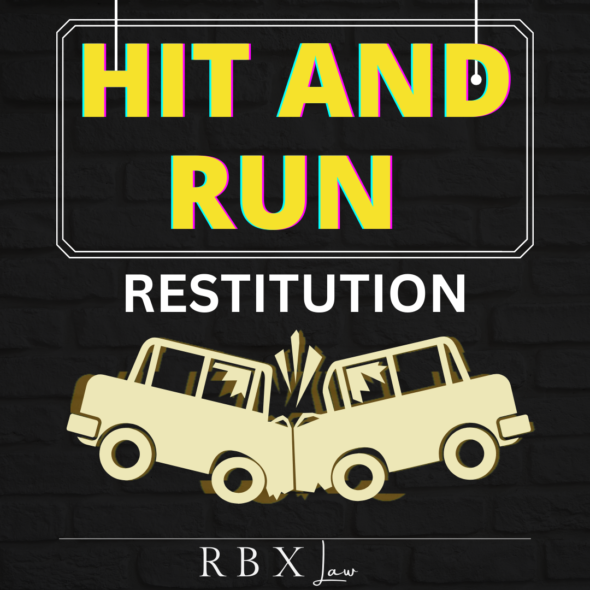Restitution is payment for damages caused when a defendant commits a criminal offense. For a hit and run, the criminal act is “running” without stopping, providing identification, or helping injured persons. Can any restitution be ordered for damages from a hit and run conviction?
The California Supreme Court has analyzed this issue. They have concluded that the court cannot order restitution for injuries or damages in a hit and run case unless:
- The defendant caused the accident by committing a criminal act.
- The defendant’s “running” from the scene caused or exacerbated the injuries or damages.
- Restitution is a term of the defendant’s probation.
Hit and Run Restitution as Probation Term
[I]n granting probation, courts have broad discretion to impose conditions to foster rehabilitation and to protect public safety. (Penal Code section 1203.1) This includes the power to “regulate conduct not itself criminal'” but “reasonably related to the crime of which the defendant was convicted or to future criminality.'” This discretion, has long been held to include the power to order restitution “even when the loss was not necessarily caused by the criminal conduct underlying the conviction.” This power extends to cases in which:
- The loss was caused by related conduct not resulting in a conviction;
- By conduct underlying dismissed and uncharged counts; and
- By conduct resulting in an acquittal.
In People v. Carbajal (1995) 10 Cal.4th 1114, the Supreme Court ruled that a trial court does not abuse its discretion in a hit-and-run case by ordering the defendant to pay restitution as a condition of probation. Such a condition can be reasonably related to the offense underlying the conviction and can serve the purposes of rehabilitating the offender and deterring future criminality.
Restitution without Probation
Restitution for losses incurred “as a result of the commission of a crime” (§ 1202.4, subd. (a)) includes losses incurred as a result of the defendant’s unlawful flight from the scene of the accident. However, it does not include losses incurred solely as a result the accident itself.
In People v. Martinez (2017) 2 Cal. 5th 1093, the court ordered $425,654.63 in restitution. Defendant appealed the restitution order, and the Court of Appeal agreed. The Supreme Court held that section 1202.4 authorizes courts in Vehicle Code section 20001 cases to award direct victim restitution for losses resulting from the defendant’s crime.
On a hit and run case, this includes flight from the scene of the accident without identifying himself or herself, rendering aid, or otherwise fulfilling the statutory requirements. (Veh. Code, § 20001(a).) For example,
- If the flight leads to a delay in the victim’s access to medical care, and the victim’s injuries are exacerbated as a result; or
- The cost of tracking down a defendant who has fled the scene of the accident.
On the other hand, section 1202.4 does not permit courts to order direct victim restitution for losses that occur as a result of an underlying accident that involves no criminal wrongdoing.

